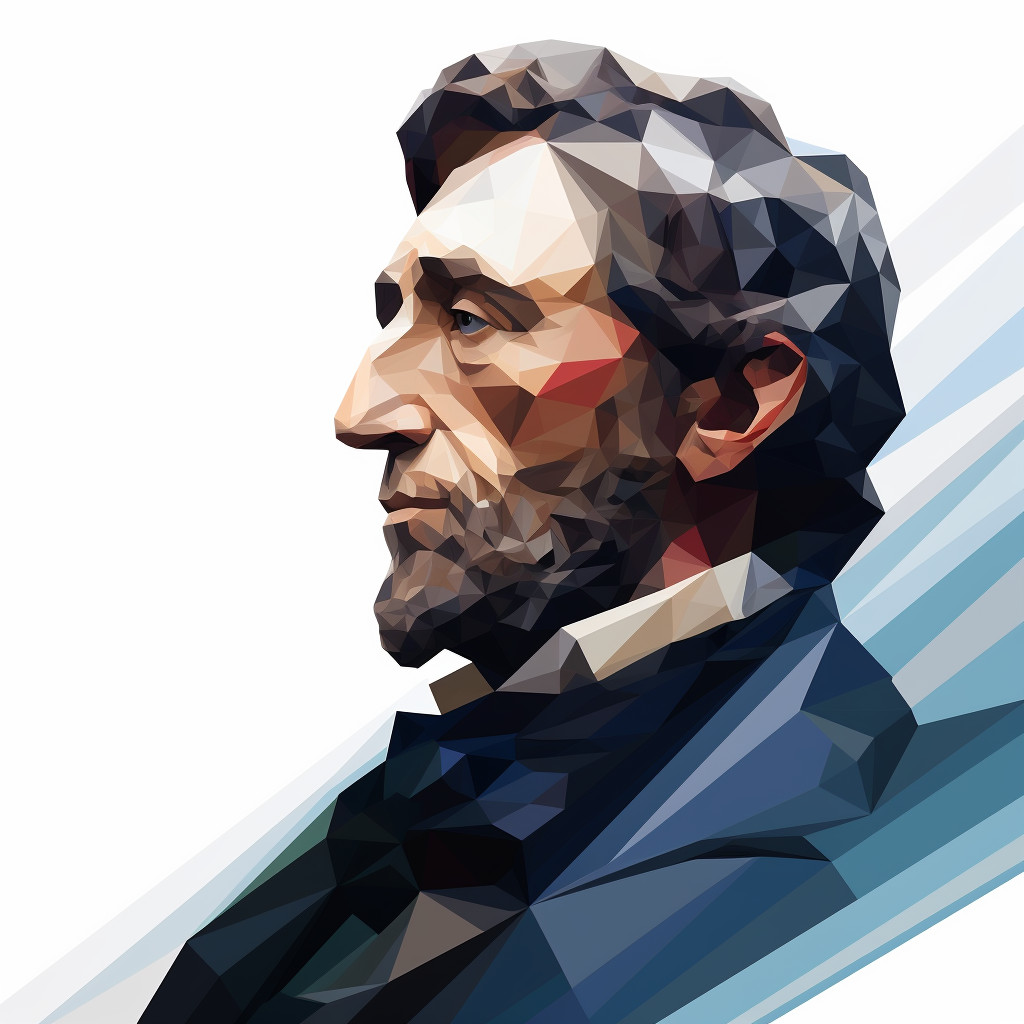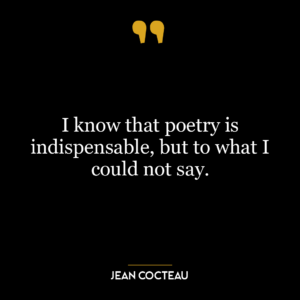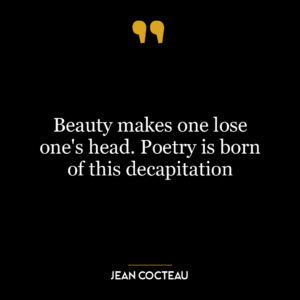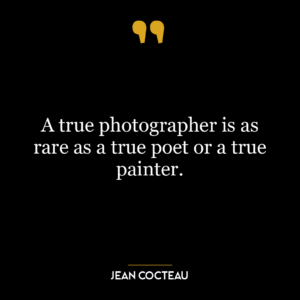This quote suggests that the depth and complexity of great poetry can only be truly understood and appreciated by those who themselves possess a similar level of poetic greatness. This doesn’t necessarily mean that only poets can read and enjoy poetry, but rather that the full richness and subtlety of a great poet’s work can only be grasped by someone who shares the poet’s heightened sensitivity to language, emotion, and the human condition.
The quote could be seen as a commentary on the nature of expertise and understanding in any field, not just poetry. Just as only a master chef can fully appreciate the skill involved in a gourmet meal, or only a professional musician can fully understand the nuances of a symphony, only a great poet can fully "read" the works of another great poet.
Applying this idea to today’s world, we might consider the ways in which our understanding of various subjects is shaped by our own level of expertise. For example, a layperson might watch a complex scientific experiment or read a dense academic paper and glean a basic understanding, but a trained scientist in that field would be able to understand it on a much deeper level.
In terms of personal development, this quote could be seen as a reminder of the importance of continually striving to increase our knowledge and understanding. The more we learn, the more we are able to "read" and understand the world around us. It could also be seen as a reminder that everyone has their own unique areas of expertise, and that we should respect and value the unique insights that others can bring to a subject, even if it’s not a subject we ourselves know much about.










